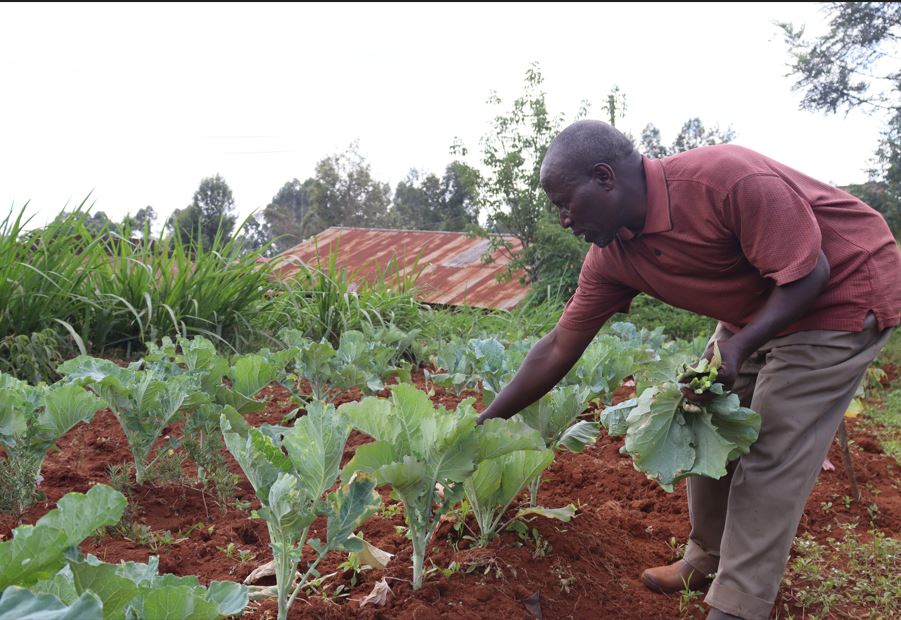

MURANG'A county, Africa's first to adopt an agroecology policy and law, has established itself as a pioneer in sustainable farming.
The bold move has now attracted the attention of international organisations keen on investing in food systems transformation.
County leaders say the two laws, adopted in 2023, have created a strong legal framework that places Murang’a ahead of other regions in integrating environmentally friendly farming practices.
Global partners, impressed by this step, are now engaging the county on areas of collaboration ranging from farmer training to market integration.
County executive for devolution Kiringai Kamau said Murang’a’s progress has shown the world that agroecology is not just a local experiment but a viable pathway to achieving sustainability.
He said discussions are underway to have agroecology recognised under the Sustainable Development Goals, signaling its growing global relevance.
“By enacting supportive policies and walking the talk with farmers, Murang’a has proved that agroecology can drive both food security and environmental restoration. That’s why global players are coming here, they see a county that is ready to lead,” Kamau said.
Eight key investment priorities have been outlined, among them affordable bio-inputs, youth and extension worker training, market integration through cold-chain aggregation centres, digital market platforms, research and development, and strengthening cooperatives.
These areas are expected to guide future partnerships and funding opportunities from partners such as the Global Alliance for the Future of Food, Bio Vision, and the IKEA Foundation.
With Murang’a University of Technology already rolling out agroecology courses up to master’s level, and demonstration farms offering practical training, the county is steadily weaving education, research, and practice into its agricultural system.
Civil society partners like the Institute of Culture and Ecology say the shift is already changing lives.
Elijah Kamau, a coordinator with the programme, said smallholder farmers adopting conservation practices have doubled their harvests while reducing reliance on expensive synthetic inputs.
“Our experience shows that when farmers embrace agroecology, yields increase significantly while production costs drop,” he said.
“This shift is helping communities achieve food security and reduce the long-term health and environmental risks associated with chemical inputs.”
Governor Irungu Kang’ata said agroecology is complementing county food security interventions, such as distribution of high-quality maize seeds, which have significantly boosted yields.
He said Murang’a’s leading crops, including avocados and mangoes, stand to fetch higher returns under sustainable practices.
The county’s avocado sector alone brought in Sh4.6 billion in 2024, accounting for nearly a third of Kenya’s national output. Officials believe agroecology will help secure premium markets for such produce, ensuring better income for farmers.
“Murang’a is not only feeding its people but also charting the way for others in Africa. With global support, we can now scale up our successes and show that sustainable farming is the future,” Kang’ata said.
Murang’a’s bold embrace of agro-ecology has not only improved food security and farm productivity but also placed the county at the forefront of sustainable agriculture in Africa.
With supportive policies, strong partnerships, and growing global recognition, the county is demonstrating that environmentally friendly farming can deliver better harvests, higher incomes, and a healthier future for its people.











